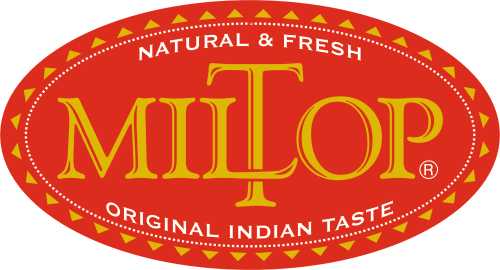Description
The amla fruit, also known as the Indian gooseberry, comes from a small tree that grows throughout India. The tree is worshipped as “Mother Nature” due to its nourishing fruit. The fruit is one of the highest natural sources of vitamin C, and it yields oil that has been used for centuries in Ayurvedic medicine to treat the hair and scalp. Amla is one of the most often used herb in Indian ayurveda. It has a reputation as a powerful rejuvenating herb. Amla possesses the highest level of heat and storage stable vitamin C known to man. Amla is worshipped as an auspicious fruit from the ancient time and respected as a symbol of good health. The festival Amla Navami is celebrated at the beginning of winter season of Hindu calendar, where Amla tree are socially and religiously propagated among people and cultivated for promotion of good health. Amla is highly nutritious and is an important dietary source of Vitamin C, minerals and amino acids. The edible fruit tissue contains protein concentration 3-fold and ascorbic acid concentration 160-fold compared to that of the apple. The fruit also contains considerably higher concentration of most minerals and amino acids than apples. Glutamic, lysine, alanine acid, proline, and aspartic acid are 30%, 5.3% 15.6%, 5.3% and 9.1%, respectively of the whole amino acids.
Amla is the most useful celebrated herbal medicines which are mainly used in the Indian conventional system of medicine. The main use of Emblica Officinalis or Amla is that It is Aperients, Carminative, Diuretic, Aphrodisiac, Laxative, sharp and Refrigerant. It cures sleeplessness and is to make healthy for hair. The fruits exhibit hypolipiadaemic and antiatherosclerotic effects in rabbits & rats. The fruit extract has antimutagenic activity on certain directly acting mutagens in some strains of Salmonella typhimurium.The extract of amla also has antimicrobial properties. Amlaki is an antioxidant with free radical scavenging properties which may be due to the presence of high levels of super oxide dismutase. Indian Gooseberry or Amla is used for all Pitta diseases, all obstinate urinary conditions, anemia, biliousness, bleeding, colitis, constipation, convalescence from fever, cough, diabetes, gastritis, gout, hepatitis, hemorrhoids, liver weakness, to relieve stress ,osteoporosis, palpitation, spleen weakness, tissue deficiency, vertigo rebuilds blood, bones, cells, and tissues. It increases red blood cell count and regulates blood sugar; heart tonic, cleanses mouth, stops gum bleeding, stops stomach and colon inflammation; cleanses intestines, strengthens teeth, aids eyesight, worms, acidity, eye and lung inflammations, ulcerations, G.I. disorders, painful urination, and internal bleeding.
Rural folk in India eat this highly acid, fresh, raw fruit, followed by water, producing a sweet and refreshing aftertaste. It is a common practice in Indian homes to cook the fruits whole with sugar and saffron and give one or two to their child every morning. In preserving it whole, the fruit is first brined, washed and pricked, blanched in an alum solution, layered with sugar until syrup is formed, and then boiled. It is then packed in cans or crystallized as a confection. In India, a sauce is made from the dried, chipped flesh. In its preparation, the chips are cooked in water, mashed in a mortar with caraway seeds, and further seasoned with salt and yogurt. This, also, is commonly eaten after fasting. The fruits can be used fresh or dried. Dried amlas are sometimes ground into a powder and are also available stoned and chopped so they are easy to reconstitute. Generally amla is used in pickles, preserves, Jams and Amla Murabba.



